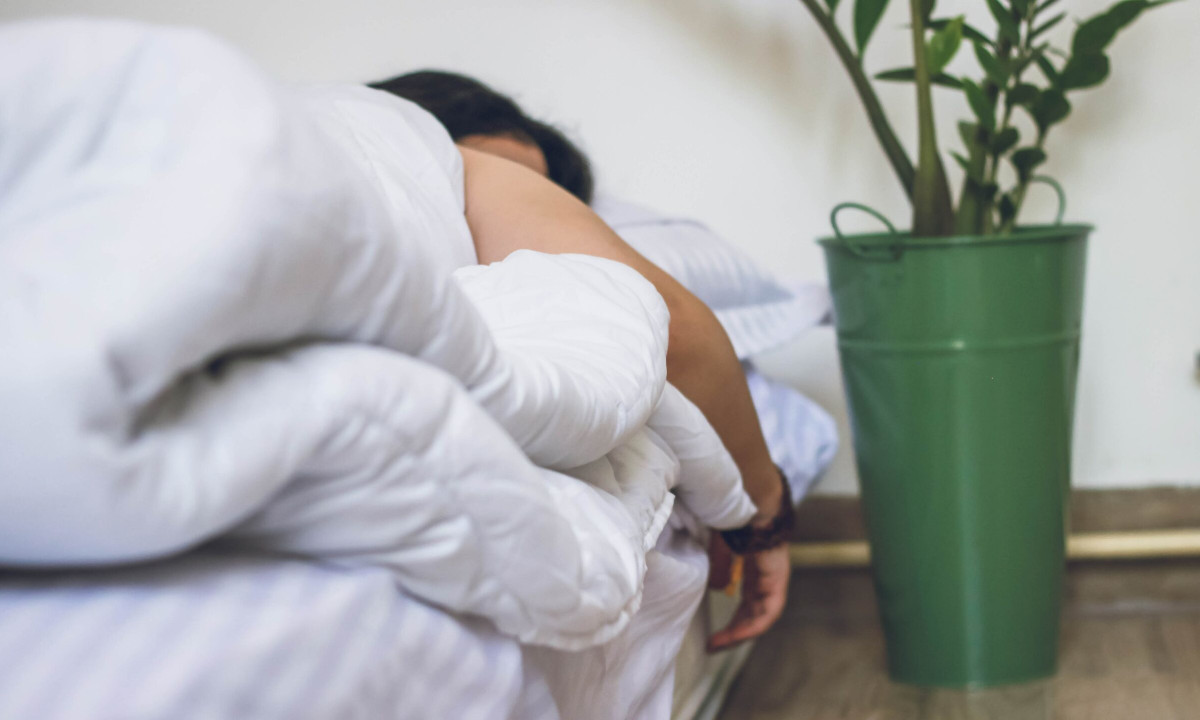The survey of more than 88,000 people between the ages of 45 and 79 suggests the best time to rest.
6 hours ago

Photo: Andisheh A/Unsplash/Playback
Everyone knows that getting enough sleep is essential to staying healthy and improving quality of life. But in addition to average hours of rest, the question often asked is whether bedtime makes a difference to health.
This is the answer Harvard research Published in the scientific journal European Heart Journal – Digital Health seeks an answer. According to scientists, those who can rest best are those who sleep between 10 pm and 11 pm.
According to the study, this is the perfect time to ensure the best hours of sleep. In addition, those who sleep at this time are also less likely to suffer from heart disease.
Understanding research
The survey included more than 88,000 people between the ages of 45 and 79. To reach this conclusion, the volunteers’ sleep was monitored for a week.
Sleep monitoring was performed using devices placed on their wrist. Participants also answered questions about lifestyle and habits.
After this first phase, the researchers followed the volunteers’ lives for at least five and a half years. Thus, it was possible to refer data between nocturnal habits, cardiovascular disease, and heart attacks.
Those who sleep near midnight may have up to 25% more risk of developing cardiovascular disease. Research has shown that sleeping at non-traditional times alters the circadian rhythm, which is essential for regulating vital body functions.
Do you do snooze?
In addition to the Harvard study, research conducted in India suggests that the extra hours in bed don’t mean much in terms of benefits. The survey included 452 low-income workers over the course of a month.
The researchers suggested that the participants sleep half an hour longer than usual. However, the results were not as good as expected.
“To our surprise, these interventions had no positive effect on any of the outcomes we measured,” said economist Frank Schelbach of the Massachusetts Institute of Technology (MIT), who was involved in the study.
The analyzes published in Quarterly Journal of Economicsincluding cognition, productivity, decision-making, and well-being.
At the end of a month of experiments, the subjects were spending an extra 38 minutes each night in bed, which was actually 27 minutes of sleep.
This lower efficiency appears to prevent the kind of deeper, more rejuvenating sleep that can be beneficial to health. On a daily basis, the volunteers included in the study tended to wake up about 31 times per night.

“Wannabe internet buff. Future teen idol. Hardcore zombie guru. Gamer. Avid creator. Entrepreneur. Bacon ninja.”
